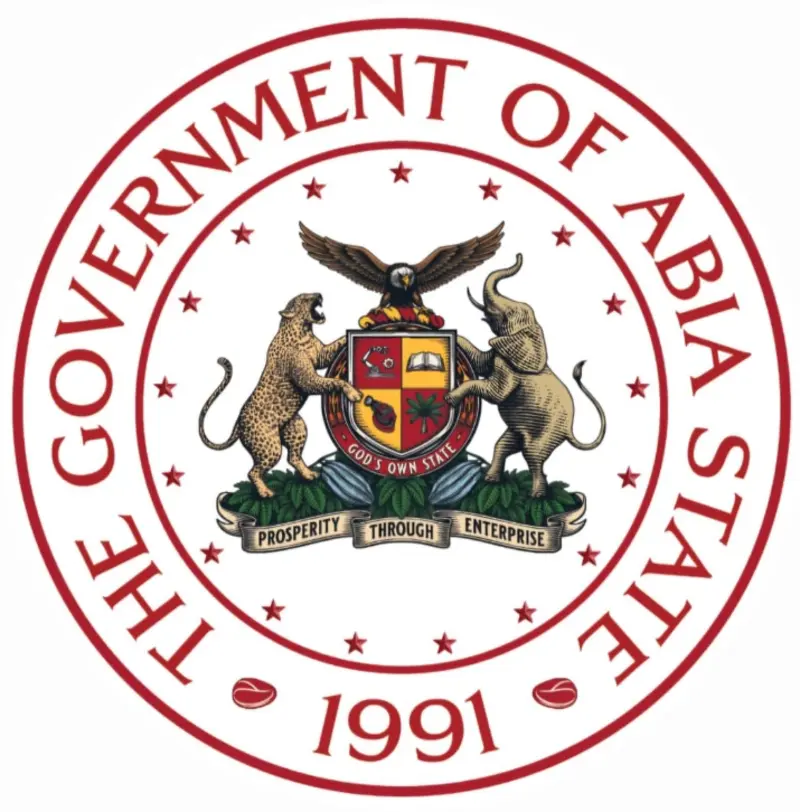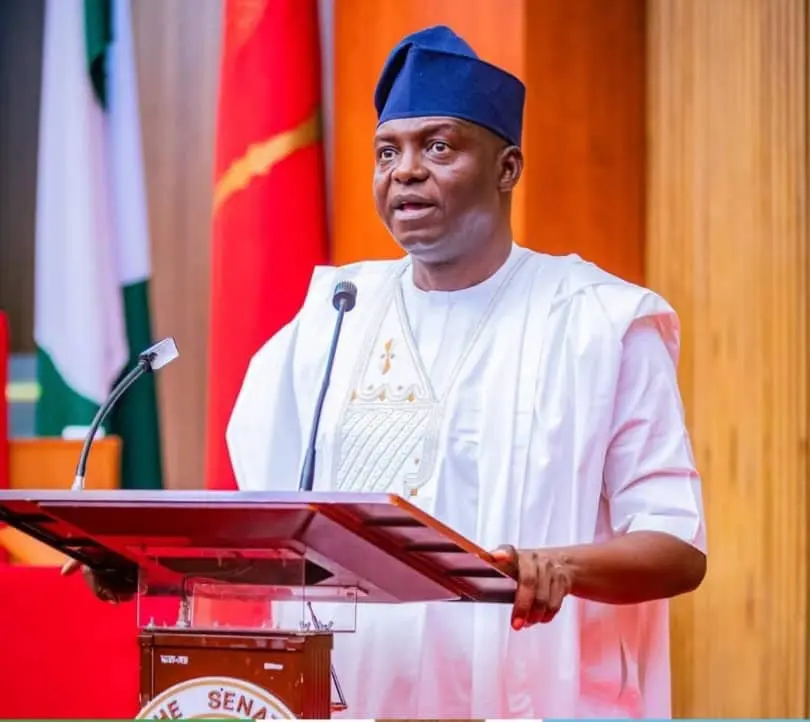The African Democratic Congress (ADC) has stated that the Nigerian government is not being accused of persecuting Christians in the country. According to the party’s National Publicity Secretary, Bolaji Abdullahi, the ruling All Progressives Congress (APC) tends to view any form of criticism as a personal attack. Abdullahi made this statement in response to the United States’ declaration of Nigeria as a ‘Country of Particular Concern’ due to allegations of Christian genocide.
The US declaration was made by President Donald Trump, who also announced that he has instructed the Defence Department to prepare for possible military action in Nigeria if the government fails to address the killing of Christians. Abdullahi emphasized that the issue at hand is not about religious persecution, but rather the government’s response to criticism. He noted that the APC has a history of being overly sensitive to criticism, which can be seen as a sign of incompetence.
The ADC spokesperson expressed embarrassment that the international community is framing Nigeria’s security challenges in a way that could further divide the country. He stated that his party does not view the US declaration as an opportunity to criticize the government, but rather as a call to address the underlying issues. The declaration has brought attention to the need for the Nigerian government to take concrete steps to address the security challenges facing the country, particularly with regards to the protection of Christian communities.
The US decision to declare Nigeria a ‘Country of Particular Concern’ is a significant development, as it highlights the international community’s concerns about the country’s human rights record. The Nigerian government has faced criticism for its handling of security issues, particularly in the northern region where many Christian communities have been targeted by militant groups. The ADC’s statement suggests that the party is calling for a more nuanced approach to addressing the country’s security challenges, one that takes into account the complexities of the issue and the need for a unified response.
The situation in Nigeria is being closely monitored by the international community, and the US declaration is likely to put pressure on the government to take concrete steps to address the security challenges facing the country. As the situation continues to unfold, it remains to be seen how the Nigerian government will respond to the US declaration and the concerns raised by the international community.



